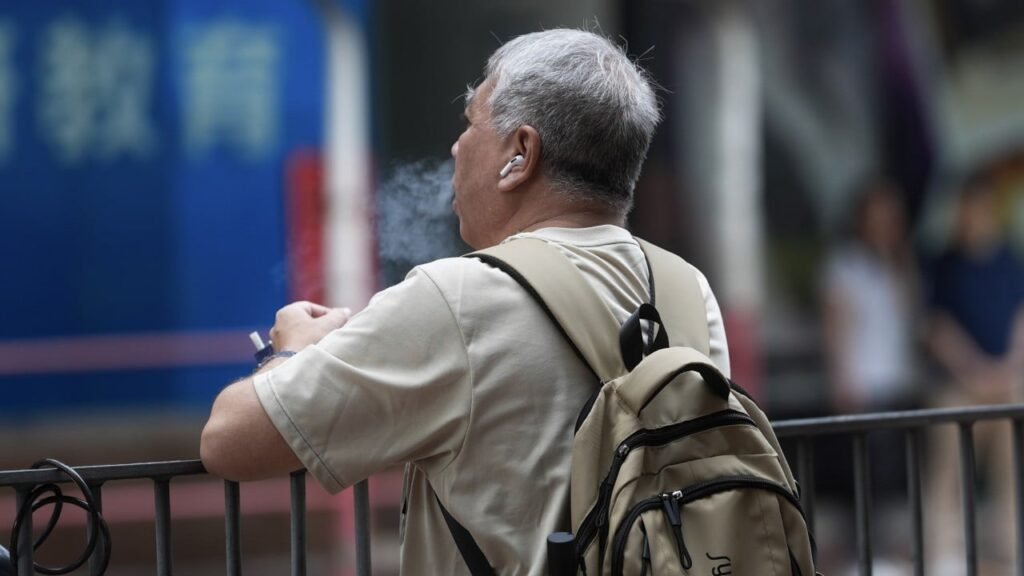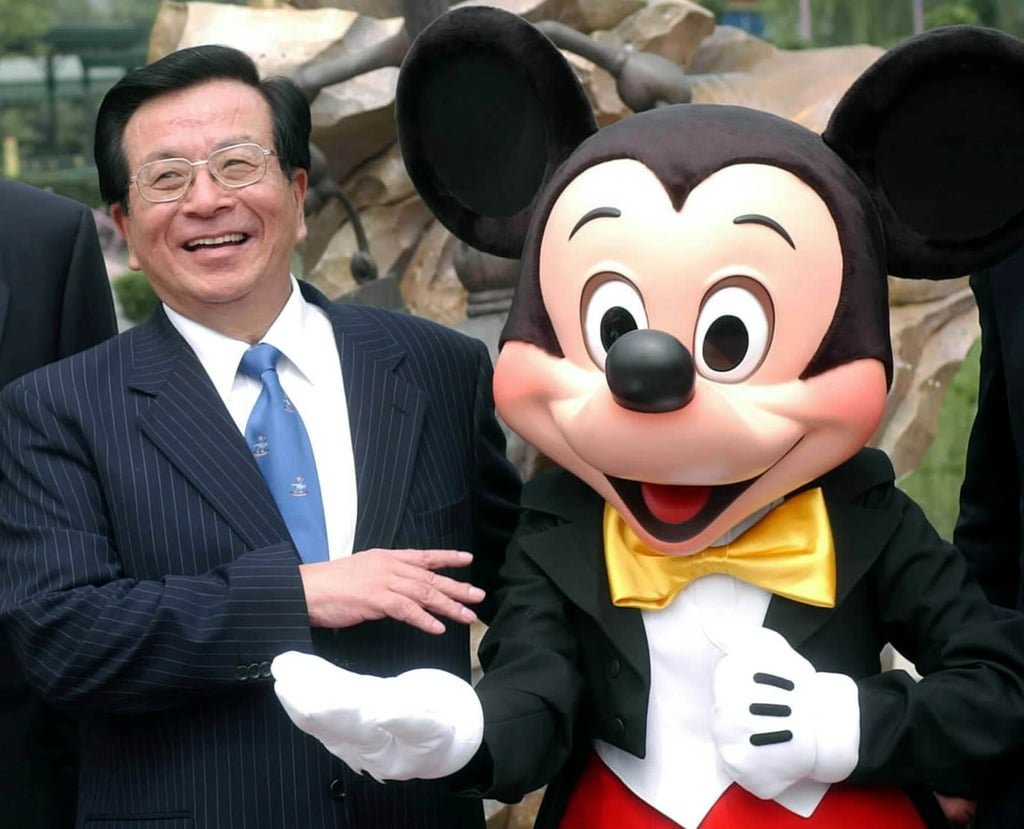What’s going on here?
Ant Group, Alibaba’s finance arm, publicly stepped back from virtual currencies and speculative crypto trading this week, just as Hong Kong regulators reinforced strict rules and renewed warnings about stablecoins.
What does this mean?
This move highlights how China’s biggest fintechs are navigating Hong Kong’s increasingly cautious digital asset landscape. The city’s financial authorities have sounded repeated warnings—making clear that dabbling in unapproved crypto channels or stablecoins comes with serious risks and zero regulatory cover. Ant Group’s CEO announced the firm will focus on technology that underpins tokenized economies rather than engaging directly in crypto trading or launching stablecoins, clearly distancing the company from murkier corners of digital finance. Despite rising interest and persistent lobbying for crypto licenses, Hong Kong remains strict: not one stablecoin operator has received a green light from the Hong Kong Monetary Authority. In this climate, even innovation-driven heavyweights like Ant are opting for safety over speculation.
Why should I care?
For markets: Regulation puts the brakes on crypto optimism.
While investor interest in stablecoins is running high worldwide, China’s firm regulatory grip means the path to profit in Hong Kong’s crypto scene is anything but smooth. Ant Group’s caution shows just how daunting those regulatory barriers remain—even as inquiries pile up, not a single stablecoin has cleared the approval process. That means market expansion and major new players may be stuck on ice until there’s greater clarity or a clear policy shift.
The bigger picture: East and West part ways on digital finance.
Hong Kong is drawing a hard line, prioritizing stability instead of jumping into crypto innovation’s deep end. As Western markets forge ahead with their own stablecoin projects, Asia’s regulatory pushback could reshape the balance of power in future financial systems, deciding which regions become leaders—or laggards—in the race for digital currency adoption.
IN PARTNERSHIP WITH OPENING BELL DAILY
Understand the data driving markets. Join a quarter of a million investors who get Opening Bell Daily in their inbox. Sign up, and you’ll start getting charts, economic data, and Wall Street analysis you won’t find anywhere else. Subscribe for free today.








